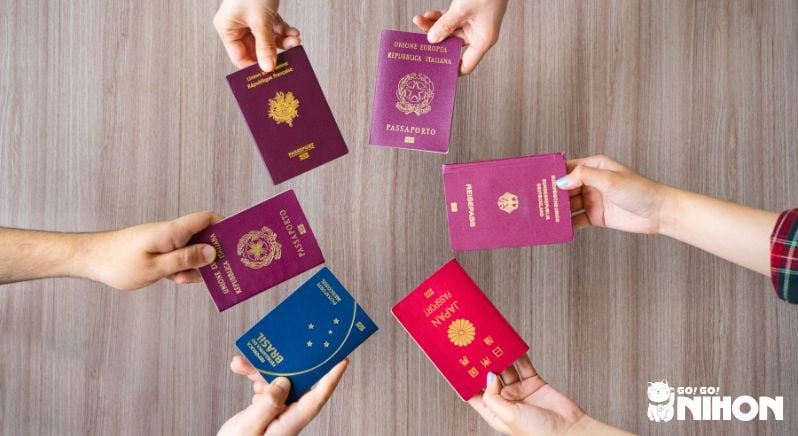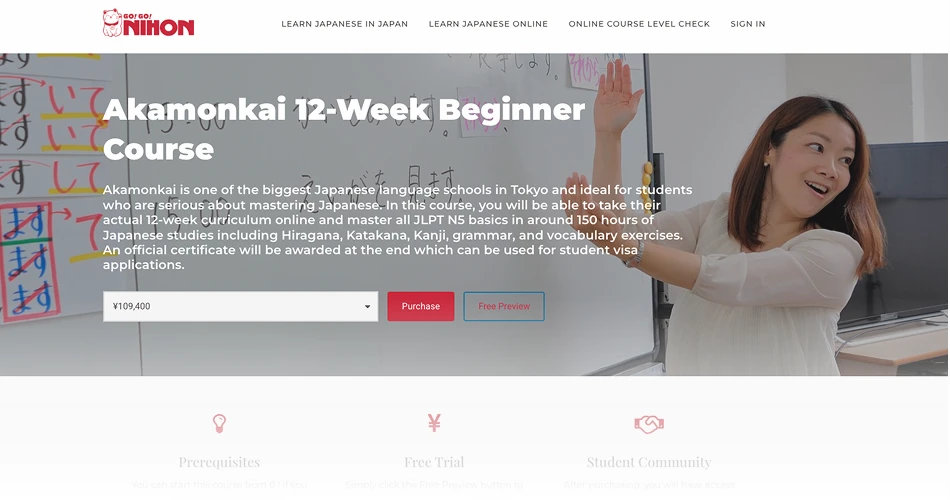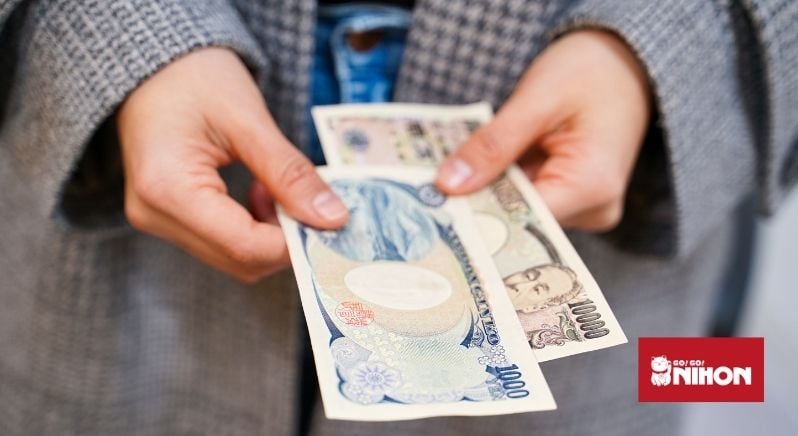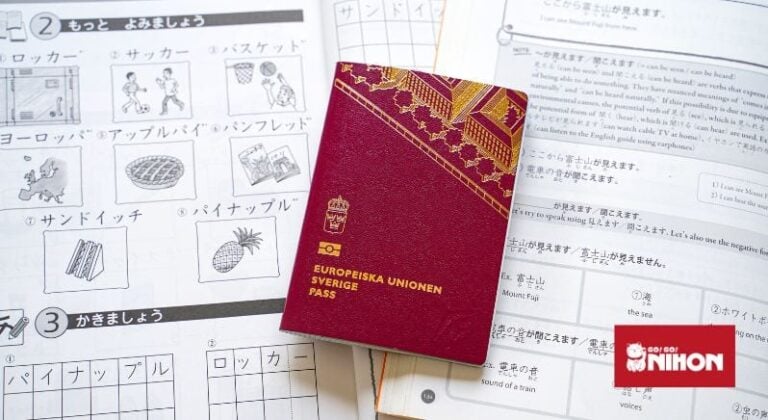
Studying Abroad in Japan
Planning of studying abroad in Japan? Complete guide for foreign students. Find study abroad programs, student visa, costs, housing, and school in Japan.
Home • Studying Abroad in Japan
This guide provides essential information for foreign students about studying abroad in Japan. It covers student visas, finding schools, accommodation options, living costs, and how to make the most of your time in Japan.

We want to share what you need to know to succeed in your studies in Japan. With years of experience, we have learned valuable lessons to help you avoid common mistakes.
In this article, you will learn about the following:
With the right information and support, you can make the most of your time in Japan.
For international students, studying abroad in Japan can be a life-changing experience. The benefits are numerous and include personal growth, language acquisition, and enhanced career prospects.
DID YOU KNOW?
Immersing yourself in a new culture is a life-changing experience that provides many personal and cultural benefits.

You can choose from various study abroad programs to suit your academic interests and time constraints.
Careful consideration is needed to find the best program that aligns with your goals, preferences, and other important factors.
DISCLAIMER:
We do not offer application support for University Exchange Programs and Scholarship Programs.

Your Japan Student Visa grants you the following privileges:
To apply for your student visa, you’ll need to gather and submit the following essential documents:
To ensure you’ve gathered all the necessary documentation, download and print our complimentary visa document checklist.

Yes, you are required to have some prior Japanese language study experience to obtain a student visa for Japan.
To be eligible for a student visa to study at a language school, you should show a JLPT N5 or equivalent certificate, or demonstrate at least 150 hours of Japanese language study.
While some schools may accept self-study, providing formal evidence of your Japanese language studies significantly strengthens your application.
Enhance your application by:
DID YOU KNOW?
Knowing Japanese will greatly improve your daily life and integration into Japanese culture and society.

If you’re starting your Japanese language journey, consider these options:
This comprehensive 150-hour online course allows you to learn at your own pace and covers all the essential elements of the Japanese Language Proficiency Test (JLPT) N5, including:
Upon successful completion of the Akamonkai 12-week Beginner Course, you will receive an official certificate issued by Akamonkai, a reputable language school in Tokyo, that can be used to support your student visa application.
DID YOU KNOW?
Although you can connect with teachers, Go! Go! Nihon staff, and other students in the community, the lessons in this course are pre-recorded, not live. Designed for self-paced learning on our online platform, the course helps you learn Japanese efficiently.

You will need to plan carefully when applying to study abroad in Japan and adhere to a strict timeline.
The process is divided into three main stages. You can find more details in our Step-by-Step Guide to Study Abroad in Japan.
Each of these stages includes many smaller tasks. You can review our how-to guide about studying abroad in Japan for more detailed information and a full timeline.
As a foreign student with a student visa, you can work part-time in Japan.
Working part-time offers several benefits:
Before starting a part-time job, you will need to apply for a work permit. With a work permit, you can work up to 28 hours per week while attending school. However, remember that your primary focus should be your studies, as you are in Japan on a student visa.
It is crucial to comply with visa regulations, such as adhering to the permitted work hours. By diligently following the rules, you can safeguard your stay in Japan and ensure a smooth and successful study abroad experience.
Yes, pursuing a fulfilling full-time career in Japan after graduation is possible with the right qualifications. With careful planning, you can successfully transition from a student visa to a work visa after graduation, opening doors to a rewarding career in Japan.
Career options include various industries, such as IT, teaching, business, and marketing, with specific work visas for each field.

Let us explore the essential costs to consider when planning your study abroad adventure in Japan.
A clear understanding of the financial aspects is crucial for a smooth and successful study abroad experience in Japan.
To secure your student visa, Japanese immigration requires proof of sufficient funds. Aim for at least 1.2 million yen for every six months of study.
However, it is ideal to budget more to ensure comfort and cover unexpected expenses. Demonstrating financial preparedness is crucial for a successful visa application.
Your choice of location significantly influences your expenses. Big cities like Tokyo and Osaka generally have a higher cost of living compared to smaller cities and towns. Therefore, carefully consider your location preferences and how they align with your budget.
We published an article that features various study abroad destinations in Japan and gives reasons why each place might be a good fit for you.
The cost of tuition varies depending on the program and institution. For six months of Japanese language school studies, expect to pay approximately 450,000 yen.
Accommodation costs can vary significantly depending on your chosen housing option. Research different options, such as apartments, sharehouses, and school dormitories, and compare their costs early in the planning process.
Accommodation is a significant component of your overall budget, so thorough research and planning are essential.
To ensure financial stability throughout your study abroad journey, consider your total study duration and overall goals. This approach will enable you to accurately estimate your total financial needs.
Although you can work part-time with a student visa in Japan, it is essential to demonstrate sufficient savings for your initial financial planning and visa application. This showcases your financial responsibility and commitment to your studies.
Determining a definitive figure for the total cost of studying in Japan can be challenging. This is because your lifestyle choices, location, and study abroad program length significantly influence your overall expenses.
However, a reasonable starting point for your financial planning is an annual budget of at least 2 million yen or US$13,000.
Keep in mind that this is a minimum estimate for basic living expenses and tuition. Aiming for a higher budget provides a financial buffer for unexpected costs and allows you to fully enjoy your experience in Japan without financial worries.
To gain a clearer picture of your financial needs and make informed decisions, utilize our Cost of Living Calculator.
DID YOU KNOW?
Although major cities generally have higher living costs, your individual spending habits and choices significantly influence your overall expenses.

As you plan your study abroad experience in Japan, you will find a variety of housing options, each with advantages and disadvantages.
Understanding the Japanese National Health Insurance and the National Pension Scheme is important for your well-being and financial planning during your stay.
DID YOU KNOW?
Having health insurance during your stay in Japan is important to protect yourself from potential high medical costs and ensure you have access to medical care.

Japan has an impressive public transportation system that spans across all of its major cities and islands. This network includes a nationwide system of rail lines, including the renowned Shinkansen bullet trains.
DID YOU KNOW?
When using public transportation, be mindful of other passengers and observe proper etiquette.

Staying connected with family and friends while studying abroad is essential. Fortunately, Japan offers various ways to maintain these important relationships.
For long-term stays on a student visa, consider these options:
For short-term stays on a tourist visa, consider these options:
Go! Go! Nihon partners with Mobal and Ninja Wifi, offering benefits and discounts to our students. Contact your student advisor for more information and to subscribe.
DID YOU KNOW?
A phone is an indispensable tool for navigating daily life in Japan, staying connected with loved ones, and exploring your new surroundings.
Go! Go! Nihon provides comprehensive support to help you achieve your dream of studying abroad in Japan. We are your trusted study abroad company throughout the entire process, from application to arrival and beyond.
Do not miss your chance to live and study in Japan! Start your journey now to gain unique skills, experience Japanese culture, and boost your future opportunities. Talk to our student advisors today!
Studying abroad in Japan offers an exceptional experience. However, careful planning is essential. This in-depth guide equips you with the knowledge and resources necessary to turn your dream of studying in Japan into a reality.
To ensure a smooth and successful experience, begin planning your study abroad journey approximately one year in advance. This includes researching various programs, preparing your application materials, and familiarizing yourself with Japanese culture and customs.
There are diverse study abroad in Japan programs to suit your interests and goals, whether you aspire to attend a university, immerse yourself in Japanese language studies, or gain practical skills through vocational training.
Each program has specific requirements, and obtaining a student visa is essential for your study abroad journey.
We encourage you to make the most of this opportunity to gain valuable cultural insights, improve your Japanese language skills, and enhance your career prospects in Japan. Contact Go! Go! Nihon today and let our expert team guide you every step of the way!

Planning of studying abroad in Japan? Complete guide for foreign students. Find study abroad programs, student visa, costs, housing, and school in Japan.

Learn Study abroad programs in Japan! Find programs for all interests & durations. Explore language schools, universities & get help applying free of charge.

Essential guide on working in Japan for international students. Information on eligibility, finding part-time jobs, visa requirements and rules, and salary.

Your complete Japan student visa guide. Learn about requirements, deadlines, & working part-time. Go! Go! Nihon simplifies your application.

Looking for the best places in Japan for studying abroad? Get insights into cities, costs, and more. Begin your study abroad journey.

This guide details how to study abroad in Japan for foreign students, including processes, visas, costs, top destinations, and expert tips. Discover more.

This guide details how to study abroad in Japan for foreign students, including processes, visas, costs, top destinations, and expert tips. Discover more.
🎌 Join our next Webinar!
Learn Japanese in Japan with Go! Go! Nihon: Info Session and Q&A